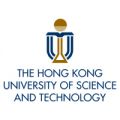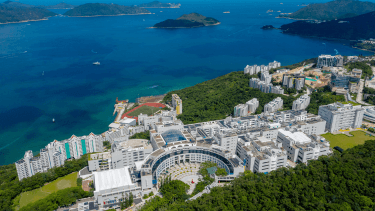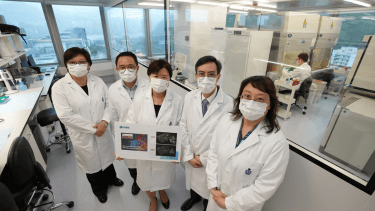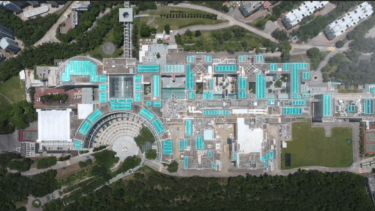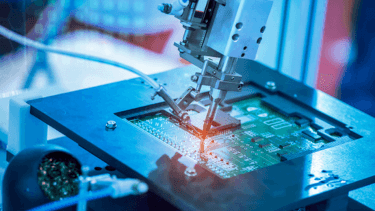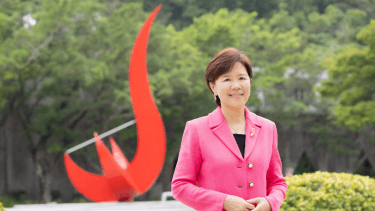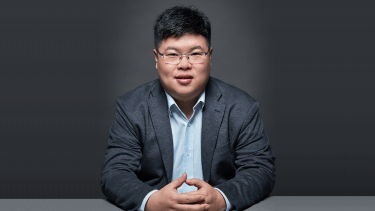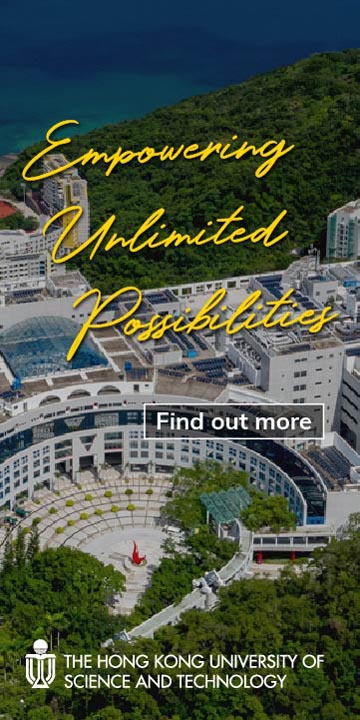While research opportunities at universities are typically reserved for postgraduate students, HKUST runs a popular program that offers undergraduates an early taste of academic research.
The Undergraduate Research Opportunities Program (UROP) aims to engage students in creative thinking, intellectual curiosity, problem-solving, and facilitating intellectual exchange and collaboration between undergraduates and faculty.
Pioneered by HKUST in 2005, UROP has been well received by both students and faculty members. Under the supervision of world-class researchers, students immerse themselves in a variety of tailor-made research projects, including the opportunities to try their hand at frontier investigations and publish papers in top scientific journals. The program is a valuable head-start for those who aspire to pursue research careers.
Igniting biomedical innovation
Melody Jin Teng CHUNG from Malaysia, currently working as a post-doc at HKUST after completing her PhD degree in Bioengineering here, has gained rich experience from UROP when studying as an undergraduate.
Through the program, she enjoyed early opportunities to conduct research under the guidance of faculty members. She was part of a neuroscience project under Prof. Nancy IP, The Morningside Professor of Life Science and now President of HKUST, and another project on the chemical synthesis of mitochondria dye led by Prof. TANG Ben-Zhong, Adjunct Professor at the Department of Chemical & Biological Engineering.
“My greatest takeaway from UROP was that I met great mentors who sparked my interest and passion in research. I did not only receive technical guidance from them, but was also motivated to pursue a research career in academia,” Melody says.
She now spends most of her time converting her hydrogel research into a commercial drug delivery platform for the biotech start-up Allegrow Biotech Ltd, which she launched last year with a fellow PhD graduate from the University, with Prof. CHAU Ying of the Department of Chemical & Biological Engineering as their Chief Scientific Advisor.
“My time at HKUST has taught me that science is not just about discoveries, but also about transforming knowledge into applications that benefit society. This requires both design thinking skills and market insights,” she says.
Melody has fully utilized the University's resources, including workshops, investor matching events, and entrepreneurship competitions, to turn her ideas into practical solutions. She also joined the Student Innovation of Global Health Technology (SIGHT) program, which enabled her to pioneer an affordable and effective mobile drug dispensary box that benefits disadvantaged citizens in Cambodia. Additionally, she participated in a six-month research exchange program at the Swiss Federal Institute of Technology Lausanne to enhance her research portfolio and international exposure.
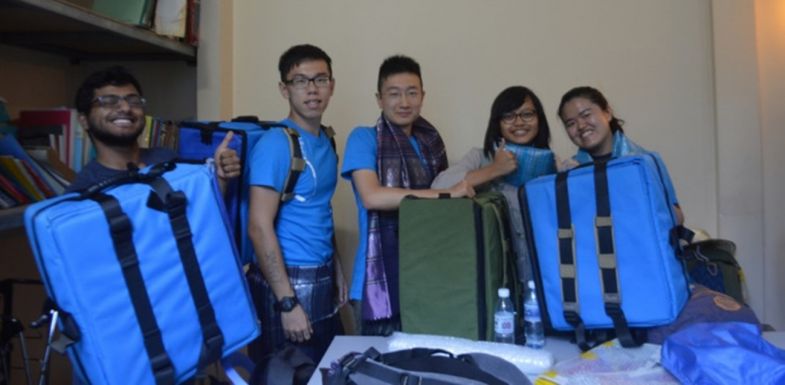
Melody (first right) and her team designed and created an innovative mobile drug dispensary box that enables staff of a Cambodian NGO to more effectively dispense medicines in the slums of Phnom Penh.
Building cross-disciplinary skills for career success
Clyde ANG, an HKUST graduate from the Philippines, is another shining example of how UROP can diversify and enrich an undergraduate’s learning.
Having enrolled in the University on a scholarship in 2018, he pursued a double major in Data Science & Technology and Computer Science
“My courses spanned everything from calculus and statistics in math to algorithms and data structure in computer science. As a result, I was perfectly placed to use my prior knowledge of each topic to advance in different fields. My data science studies also opened opportunities to work with real-life data-based initiatives. For example, my UROP and course projects let me harvest new insights by implementing or continuing to research my own modeling in actual datasets,” he said.
Clyde, who graduated with an HKUST Academic Achievement Medal, valued the opportunity to customize his study path to align with his interests and career goals.
He appreciated HKUST’s world-class cross-disciplinary education, which provides flexibility uncommon among Asian universities and is an ideal launchpad for future success.
“The fact that my degree is co-offered by the University’s Science and Engineering schools also allowed me to study courses in both mathematics and computer science. My decision ultimately played a major role in securing me first an internship and eventually a job in mathematical finance and technology,” says Clyde, now a quantitative trader at a global proprietary trading firm, which requires a mix of knowledge and skills in finance, mathematics, and computer programming.
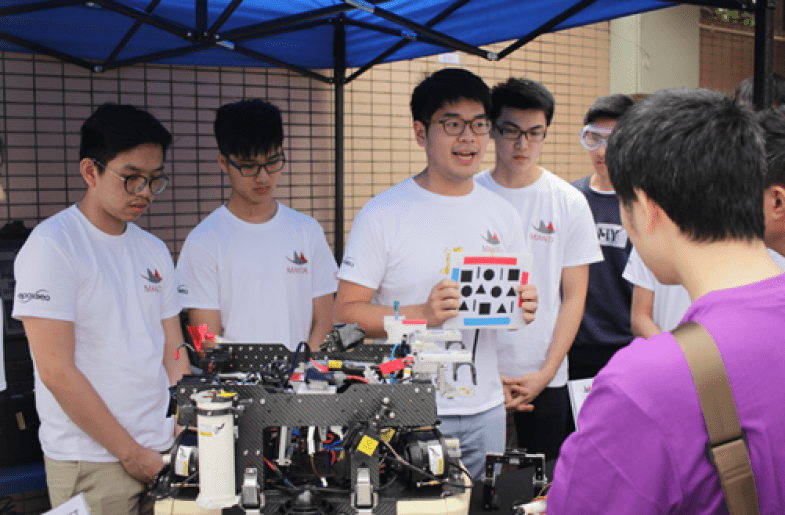
Clyde (third left) was a member of the Robotics Team during his time at HKUST.
